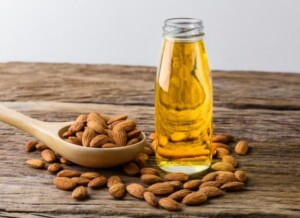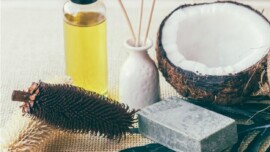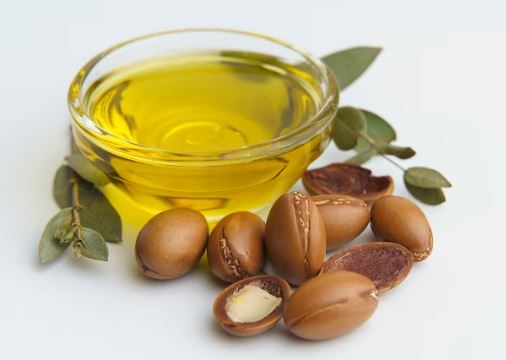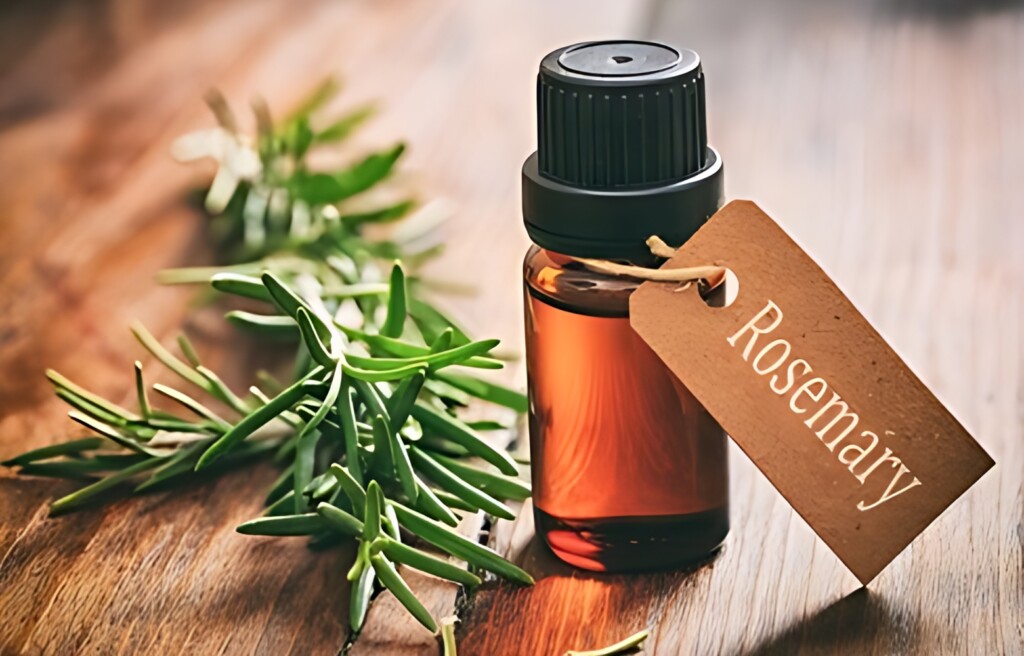Last updated on October 26th, 2025 at 02:16 pm
Hair oiling has been a typical practice in Ayurveda, the old Indian arrangement of medication, for quite a long time. Ayurvedic texts propose that standard hair oiling can achieve various advantages to the scalp and hair. The utilization of natural oils is a significant part of Ayurvedic hair care rehearses that can advance hair development, feed hair follicles, and forestall hair fall.
Famous ayurvedic hair oils
Most common ayurvedic oils are coconut oil, almond oil, sesame oil, Brahmi oil, jojoba oil, grapeseed oil and rosemary oil. They are plentiful in fundamental unsaturated fats, nutrients, and minerals that assistance to support the scalp and hair.
In addition,These oils help to further develop blood dissemination in the scalp, which thus advances hair development and forestalls hair fall.
Furthermore, Ayurvedic hair oils contain regular fixings that have antibacterial and antifungal properties that can assist with forestalling scalp contaminations. Hence, there are numerous benefits of this ritual along with soothing experience of relaxation.
Balancing Your Body and Mind with Ayurvedic Hair Oiling
As per Ayurveda, the customary utilization of hair oil can likewise assist with adjusting the doshas, which are the three essential energies that administer the body and brain. Hair oils can be utilized to adjust Vata, Pitta, and Kapha doshas, contingent upon the singular’s body type and hair condition.
First is Vata dosha, it is related with dryness and harshness of the hair. Kneading the scalp with warm sesame oil or almond oil can assist with supporting the hair and forestall dryness.
Second is Pitta dosha, it is related with slick hair and scalp, which can prompt hair fall. In such cases, cooling oils, for example, coconut oil or Brahmi oil can be utilized to adjust Pitta dosha.
Last is Kapha dosha, it is related with a thick and slick scalp, which can prompt dandruff and other scalp issues. In such cases, light oils, for example, jojoba oil or grapeseed oil can be utilized to adjust Kapha dosha.
Now that you know which hair oil will solve what hair problem.Here are some of are best picks for you:
Recommended herbal oils
Almond oil (best for dry and brittle hair)

Coconut oil (best for cooling scalp)

Jojoba oil (ideal to fight dandruff)

Rosemary oil ( best for men with patchy beard..Read article)

Incorporating Ayurvedic Hair Oiling into Your Routine
Ayurvedic hair oils can be utilized as a pre-cleanser treatment or as a leave-in conditioner. To use as a pre-cleanser treatment, warm the oil and apply it to the scalp and hair, knead for a couple of moments and pass on it for 30 minutes to an hour prior to washing off.
As a leave-in conditioner, apply a limited quantity of oil to the closures of the hair in the wake of washing and molding.
Ordinary utilization of Ayurvedic hair oils can assist with advancing solid hair development, forestall hair fall, and work on the general soundness of the hair and scalp. Moreover, the act of oiling hair can assist with advancing unwinding and lessen pressure, which is likewise useful for by and large wellbeing.
All in all, Ayurvedic hair oils are a powerful and normal method for advancing hair development and forestall hair fall. The utilization of these oils can assist with adjusting the doshas, feed the scalp and hair, and forestall scalp diseases. Integrating customary oiling of hair into your hair care routine can assist with advancing solid and wonderful hair, as well as advance unwinding and diminish pressure.
FAQs
Should i comb after oiling my hair
Combing your hair after oiling can be beneficial, but it’s important to do it with care. Here are some considerations:
- Even Distribution: Combing helps in distributing the oil evenly along the hair shaft, ensuring that each strand receives nourishment.
- Stimulating the Scalp: Gently combing your hair can stimulate the scalp, promoting blood circulation, and potentially aiding in better absorption of the oil.
- Preventing Tangling: Oiling can sometimes make hair prone to tangling. Combing helps in preventing tangles and ensures that the oil is spread uniformly.
However, it’s crucial to be gentle, especially when your hair is wet as it’s more prone to breakage. Start combing from the tips and gradually move upwards, detangling small sections at a time. Avoid aggressive brushing, as wet hair is more susceptible to damage. Additionally, choose a wide-toothed comb to minimize stress on the hair.
Ultimately, combing after hair oiling can be a helpful practice, but it should be done with care to avoid unnecessary strain on the hair.
What are the disadvantages of hair oiling?
While hair oiling is generally beneficial, there can be some disadvantages for certain individuals. Excessive use of oil or leaving it on for extended periods can attract dust and dirt, making the hair appear greasy.
Moreover, individuals with certain hair types, like fine or oily hair, may find that oiling makes their hair feel heavy and flat. Additionally, improper oiling techniques or using oils that don’t suit one’s scalp type might lead to clogged pores, potentially causing dandruff or scalp issues.
Hence, it is essential to find a balance and choose the right oil and application method based on individual hair and scalp needs.
Should I tie my hair after oiling them?
Whether to tie your hair after oiling depends on personal preference and the intended outcome. Tying your hair can help prevent the oil from transferring to your clothes or bedding, especially if you’ve applied a significant amount. It also keeps the hair in place and reduces friction, which can be beneficial in preventing breakage.
However, tying your hair too tightly can exert stress on the hair shaft and scalp, potentially causing damage. If you choose to tie your hair after oiling, opt for a loose and gentle tie using a soft scrunchie or cloth hairband. Alternatively, leaving your hair open allows the oil to be evenly distributed along the hair shaft and scalp, providing maximum nourishment.
Ultimately, the decision to tie your hair after oiling depends on your comfort and the specific goals you have for your hair care routine.




